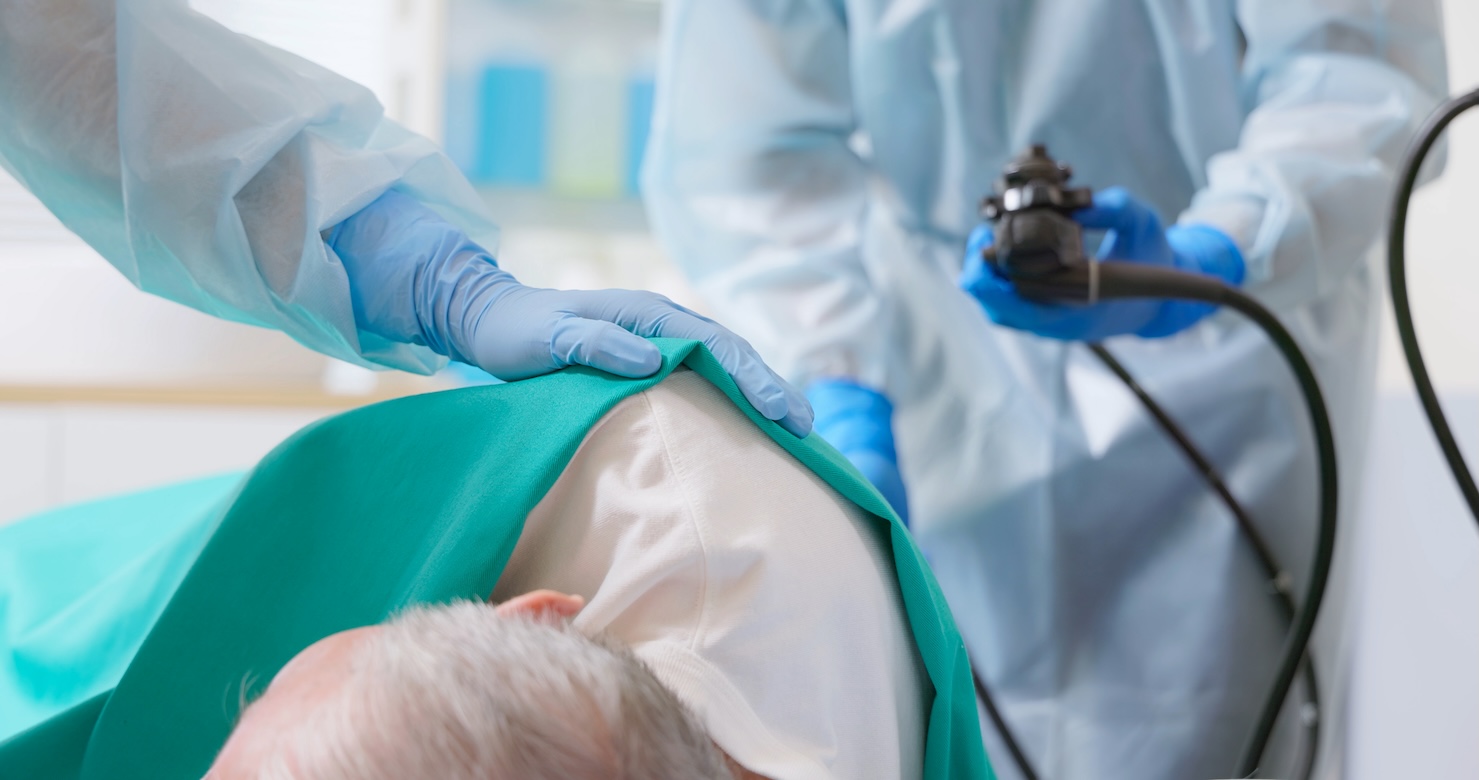Could you have a chronic gastrointestinal condition? Learn about the differences between irritable...
Read More
A colonoscopy is one of the most effective tools for detecting colon polyps and early colorectal cancer. Before the procedure, however, you must follow a precise preparation plan to ensure your doctor gets a clear view of your colon’s lining.
Here are some common questions about colonoscopy prep so you know exactly what to expect.
Following a prescribed diet helps ensure your colon is completely cleared of residue so your doctor can accurately visualize the intestinal lining, detect any polyps or abnormalities and avoid the need for a repeat procedure.
“If you don’t adhere to the diet, leftover food particles can obscure small lesions or polyps, lead to an inadequate bowel prep, require you to reschedule and repeat the colonoscopy, prolong your procedure time and increase the risk of missed or delayed diagnoses,” said Riyadh S. Hammod, M.D., a gastroenterologist at Inspira Medical Group Gastroenterology Vineland.
The week before your procedure, many doctors recommend a low‑residue diet—think white bread, plain pasta, peeled potatoes, canned vegetables without skins and lean proteins. The day before your exam, you’ll switch to a clear liquid diet to flush out any remaining solids from your intestines.
Clear liquids include water, clear broths, clear fruit juices without pulp (apple, white grape or lemonade), plain gelatin and clear sodas or sports drinks in light colors.
“Start the clear‑liquid regimen first thing the morning the day before your colonoscopy and continue until your procedure,” said Dr. Hammod. “During this period, you can only consume transparent liquids or foods that dissolve into clear liquids—no solids, milk or cream.” Straying from this plan can leave residue in your colon, which may obscure lesions or polyps and even force your doctor to reschedule.
Green and yellow Jell‑O flavors (such as lime, lemon‑lime or melon fusion) are perfectly acceptable as long as the gelatin contains no added fruit pieces or dairy. Also, check the ingredient list for hidden dyes, and avoid red, orange, purple or blue dyes, which can interfere with visualization. Because green and yellow dyes don’t interfere with endoscopic visualization, they help maintain the clear‑liquid rule while giving you some flavor variety.
“Red, orange, purple and blue dyes can mimic the appearance of blood when your doctor shines light through the colonoscope,” said Dr. Hammod. “That resemblance can mask small bleeding sites or polyps, leading to missed findings or unnecessary concern.” Avoid any gelatin, popsicles or sports drinks in these hues during prep day.
Beyond solid foods, you’ll need to steer clear of anything with pulp, dairy or dark pigments, including:
Black coffee (no milk, cream or added lighteners) and tea (hot or iced, without any dairy) are acceptable. Keep them plain, and consider sipping them well before bedtime if your procedure is in the morning to stay hydrated without interrupting your sleep flow.
“If you’re ever unsure whether a particular drink, candy or supplement is safe, call your gastroenterology team well before prep day begins,” said Dr. Hammod. “It’s far better to clarify in advance than to risk needing to repeat your colonoscopy due to an inadequate bowel cleanse.”
Learn more about what to expect when you have a colonoscopy at Inspira.

Could you have a chronic gastrointestinal condition? Learn about the differences between irritable...
Read More
Gastroenterologists diagnose, treat and manage various digestive conditions, from acid reflux to...
Read More
Crohn’s disease affects more than the gut—it can also cause skin conditions. From painful bumps to...
Read More